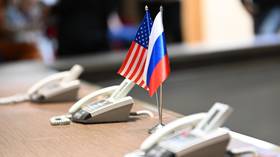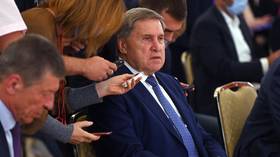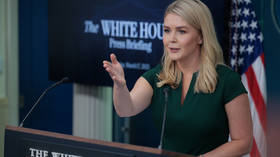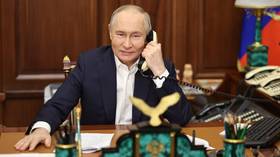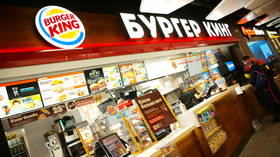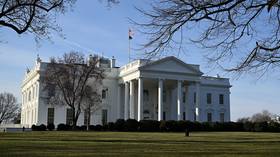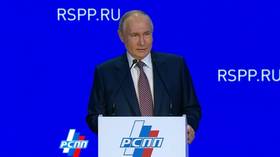Non-member joins latest EU sanctions against Russia

Norway has imposed a set of sanctions on Russia that directly mirrors the EU’s tenth package of economic penalties. While the Norwegian government insists that this policy is harming the Russian economy, Oslo has also paid a price.
The latest set of sanctions was announced by the Norwegian government on Tuesday, five weeks after a near-identical package of sanctions was imposed by the EU. Norway’s new penalties blacklist 87 Russian individuals and 34 entities, forbid the import of several raw materials from Russia, and forbid the trade of “dual use goods,” a term used to denote technology and components with both civilian and military applications.
Every successive sanctions package imposed by the EU has been aped by Norway with slight alterations. Despite Norway not being a member of the EU, Foreign Minister Anniken Huitfeldt said that copying Brussels’ sanctions demonstrated “a strong and clear European response to Russia’s war of aggression in Ukraine.”
“The sanctions are having an impact on the Russian economy and preventing key inputs from reaching the Russian war industry,” Huitfeldt stated.
The EU’s sanctions, particularly its embargo on Russian fossil fuel imports, have thrown the bloc into a crisis of spiraling inflation and record energy costs. Meanwhile, the measures have failed to cripple the Russian economy, as Western politicians and experts had predicted. According to IMF figures, Russia’s economy will grow faster this year than Germany’s.
Like Russia, Norway is a net exporter of fossil fuels, and is therefore better positioned to weather the energy crisis than most of its EU counterparts. Oslo hasn’t been immune to blowback, however, and a $2.4 billion share of its sovereign wealth fund – a public pension fund made up of the surplus of its oil revenues – is currently frozen in a Russian bank due to Western sanctions.




